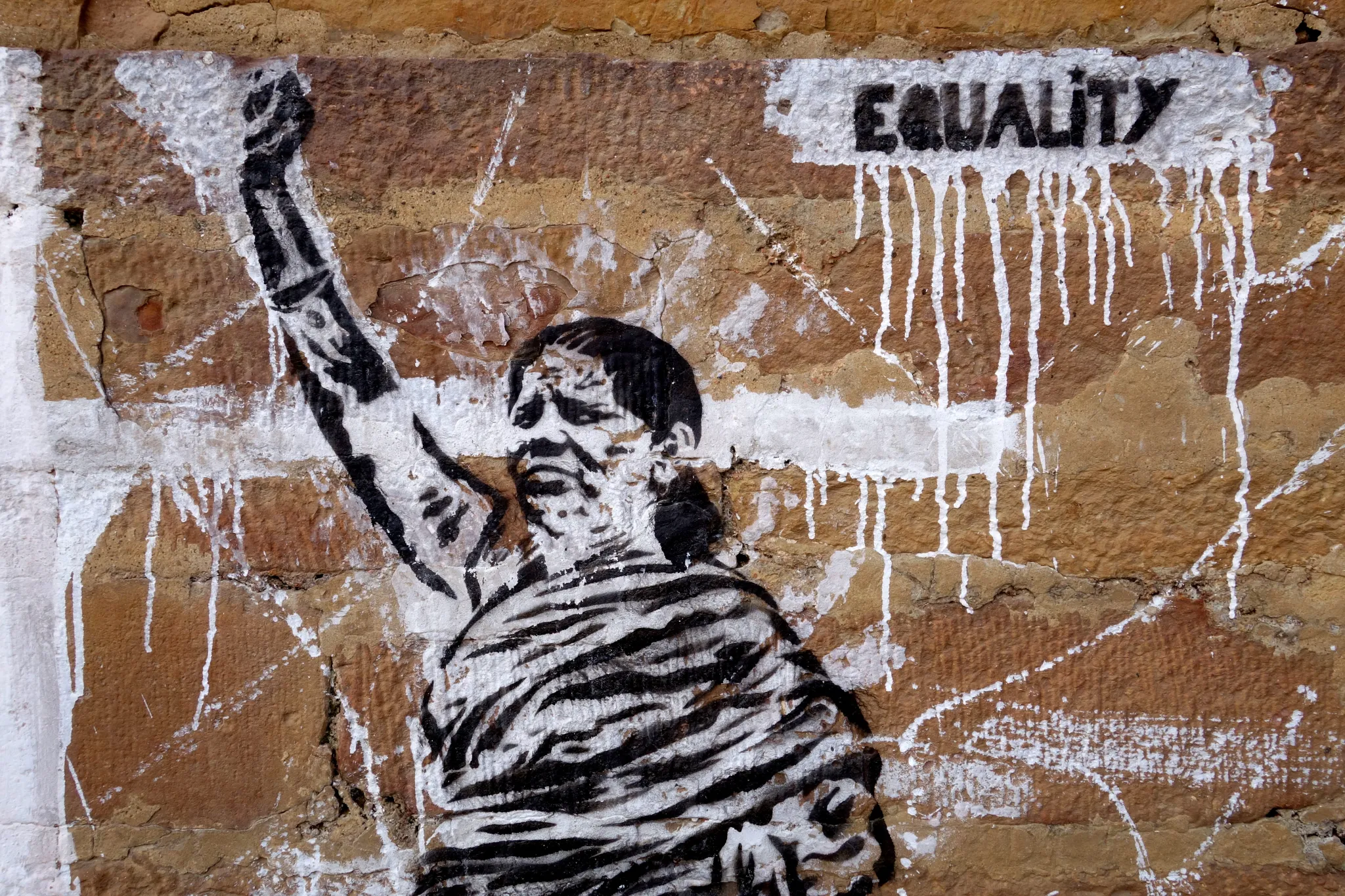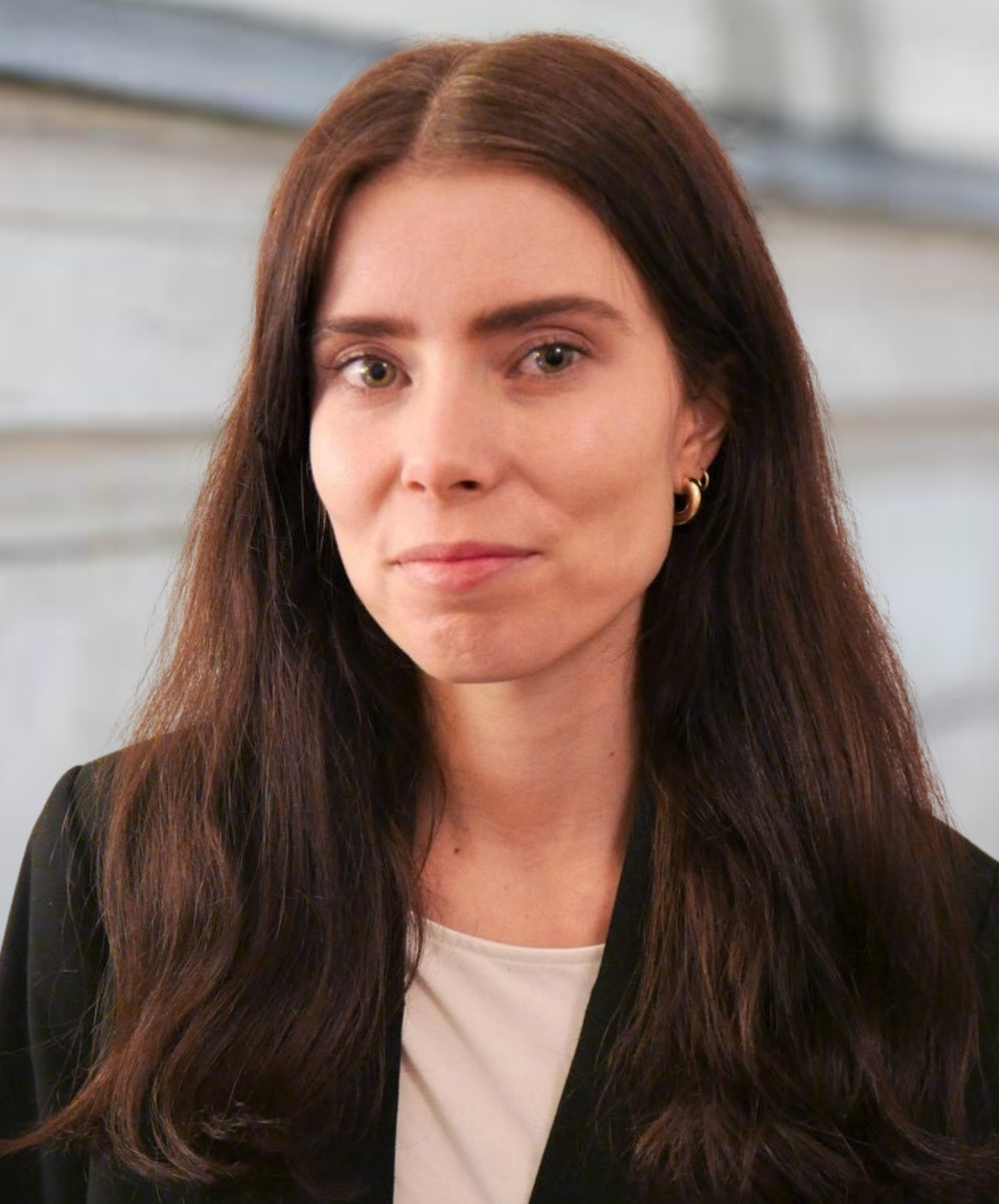2024 Elections Super-Cycle: A Key Moment for Gender Equality?

Disclaimer: Opinions expressed in this commentary are those of the authors and do not necessarily represent the institutional position of International IDEA, its Board of Advisers or its Council of Member States.
[This blog was first published on October 31, 2024, and has since been updated to include the latest election data]
The 2024 election super-cycle has put electoral integrity in the spotlight. Yet, discussions on this issue often fail to consider the interlinkages with gender equality. Without equal opportunities for both women and men to engage in elections and political processes, electoral integrity—which must be based on the democratic principles of universal suffrage and political equality—will not be achieved. At the same time, if elections are not inclusive, fair, and safe, progress toward gender equality in a broader sense is jeopardized. With nearly half of the world’s population heading to the polls, last year presented a significant opportunity to improve women’s political representation and advance gender equality worldwide.
As the year has come to an end, how much has really changed?
A Year of Mixed Results: Progress and Setbacks
Although descriptive representation alone does not guarantee gender equality, it serves as both a first step toward more systemic progress and as a valuable tool for effectively tracking progress and setbacks across countries. Bearing this in mind, last year showed mixed results.
There have been some notable victories: three countries, Mexico, Namibia and North Macedonia, elected a female president for the first time in their history. However, female candidates were registered in only 15 of the 33 presidential elections held by the end of December and in addition to abovementioned, only two other countries—Iceland and Moldova—have elected female presidents.
Similarly, parliamentary elections offered limited progress: only 22 out of 53 countries holding elections between January and December this year experienced an increase in women’s legislative representation. Chad, Mongolia, and Dominican Republic were amongst countries achieving the largest gains. However, despite these successes, reports indicate more setbacks than progress. In more than half of the parliamentary elections last year, women’s representation declined, with notable drops observed in Bhutan, Togo and Tuvalu. Globally, the share of female members of parliament changed only slightly, from 26.8 per cent to 27.2 per cent, indicating overall stagnation in women's representation.
Violence Undermining Women's Political Participation
Beyond the declines in descriptive representation, the super-cycle year has been marred by alarming incidents of violence targeting women in politics and electoral administration. While this is a global issue, the situations in Mexico and the United States have drawn particular attention due to notable surges in gender-based violence around 2024 elections. In Mexico this has ranged from sexist portrayals in media to femicides, such as the murder of Yolanda Sánchez, the first female mayor of Cotija. Meanwhile, in the pre-election period in the United States, women candidates and election officials faced a disturbing wave of threats and harassment, with online abuse disproportionately aimed at women of color and LGBTQIA+ officeholders. Both in Mexico and the United States, this had effects on women’s participation. In Mexico, female candidates have dropped out of races due to threats and in the United States women officeholders report that abuse has discouraged them from seeking reelection or higher office. Similar patterns of violence and discrimination were reported in countries like Indonesia and Venezuela, underscoring the persistence of these challenges worldwide.
Understanding the Barriers
While it's still too early to draw final conclusions, reports and media coverage from the super-cycle year suggest that gender-based discrimination and violence remain persistent challenges to women’s political participation and electoral integrity worldwide. To fully understand and address these barriers, we must consider both formal and informal factors perpetuating exclusion, and how they are gendered. Formal barriers include restrictive electoral laws, voter registration and candidate eligibility criteria, party rules limiting women's participation, and limited access to resources for female candidates. While many democracies have adopted legal frameworks and policies to promote gender equality, informal barriers—such as cultural norms, gender stereotypes, and a lack of role models—can erode women’s political opportunities. These norms often frame men as natural leaders, leaving women candidates vulnerable to attacks that cast them as unqualified or untrustworthy. When women are threatened, harassed, or attacked for participating in politics, it deters not only their engagement but also risks perpetuating barriers that discourage future generations of women and girls from entering political spaces. The effects are broad and systemic, creating a skewed political playing-field where women in all their diversity, already underrepresented in politics, are further disadvantaged.
Looking Ahead
As the year has come to an end, it’s evident that developments in women's political participation and gender equality have been predominantly negative. This missed opportunity presents serious challenges, not only for women globally but also for the integrity of elections and democracy itself. Moving forward, meaningful progress will require a comprehensive, intersectional, multi-stakeholder and integrated approach. We must address both formal barriers and entrenched societal norms that limit women’s political participation, while embedding gender-sensitive strategies into efforts to protect electoral processes.
Friends of democracy can make this super-cycle year a call to action—driving us to amplify our efforts to advance gender equality and protect electoral integrity on a global scale. International IDEA will continue to support stakeholders in these efforts through global and regional programs and through initiatives like the Women in Political Participation (WPP) project, the Women and Youth in Democracy Initiative (WYDE), and the Protecting Elections project, and we urge others to join us in this critical endeavor.




